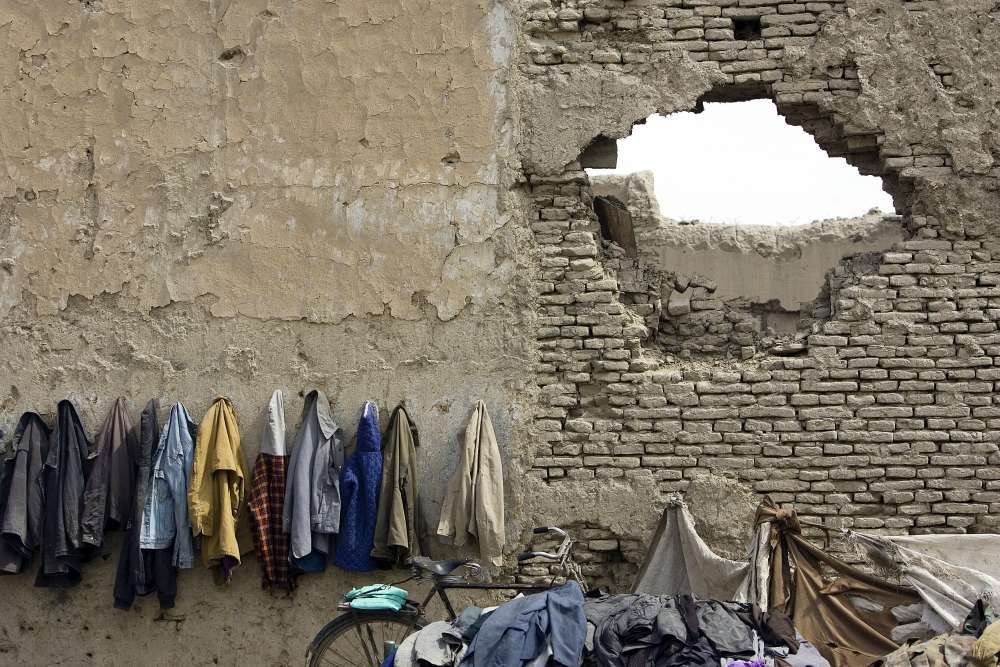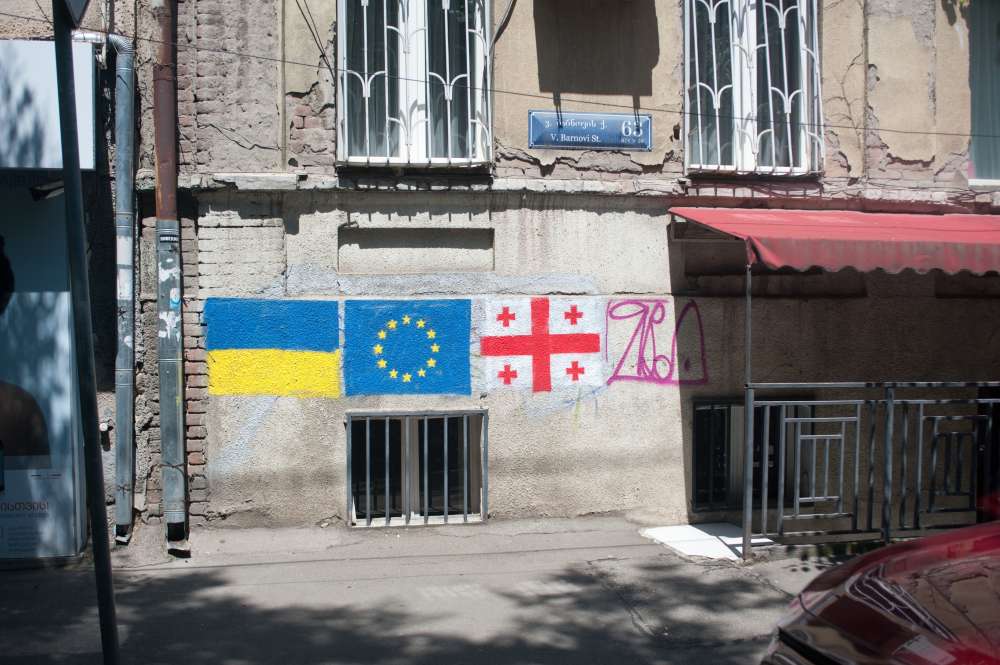Genocide Concerns Us All

In April 1994, when Congresswoman Patricia Schroeder was asked why the United States was doing so little to stop the killings in Rwanda, she answered candidly: She had received hundreds of calls by her constituents who were concerned about the endangered gorilla population in Rwanda. Only a few callers asked about the people.
Twenty years ago, between April and June 1994, more than 800,000 people in Rwanda were systematically murdered. On the occasion of the 20th commemoration of the genocide, politicians will repeat the mantra “never again” and human rights organizations will recall the failure of the United Nations, which did not prevent nor even try to halt the genocide.
Today, the UN Secretary General is warning of a genocide in the Central African Republic. In South Sudan government and rebel soldiers alike are targeting civilians of the respective other ethnic group. More than 100,000 people have been killed in Syria over the last three years. Just like Chancellor Kohl 20 years ago, Chancellor Merkel is doing little against these atrocities. And she is not held accountable for her inaction.
Why?
The German peace movement was on the streets as soon as air strikes against the Assad regime were discussed. Who is protesting the violence against hundreds of thousands of Syrian civilians? We Germans demonstrate against nuclear energy and G8 summits. Why not also against genocide? We are outraged over the construction of a train station in Stuttgart and give money to save endangered species. Why are we not outraged enough over crimes against humanity that we create political pressure to end them?
Yes, foreign policy is complex. Ideas on how to end the violence in the Central African Republic will not fit on a bumper sticker. The influence of any country’s foreign policy is limited. So is Germany’s. Moreover, foreign policy can be risky: In the end the lives of our soldiers could be at stake. All of this is not the case when saving endangered gorillas.
But should we not at least do what we can? Germany can do a lot outside of military intervention. It could take part in early political mediation; impose sanctions on or stop development aid to those responsible for violence; strengthen international criminal justice; or contribute qualified experts, policemen and soldiers to peacekeeping missions.
Simply pointing to the failure of our members of parliament or the government is not enough. Without pressure from below from citizens, very little will happen in our foreign policy. This is our responsibility as citizens and voters. Genocide concerns us all.
Germany is currently debating its increased international responsibility. In this debate, it is important to recall that in 1994 the German government did not remotely try to stop the genocide in Rwanda. When the UN in May 1994 asked for a transport plane and a medical unit of 100 German soldiers, the government declined, pointing to the security situation in Rwanda. It sent the transport plane, but only after the end of the genocide. When the German state of Rhineland-Palatinate, which had run a partnership with Rwanda since 1982, proposed to take in just 147 Rwandan refugees, the conference of German interior ministers decided against the request.
Despite media reports on the brutality of the killings, there was no public debate in Germany, not even a debate in parliament. While hundreds of thousands of people were hacked to death with machetes because they owned the wrong ID card, Chancellor Kohl only felt like he had to say something about Rwanda once. A week after the beginning of the killings, he announced that German citizens had been successfully evacuated from the country.
Don’t we Germans have a special responsibility to voice our concern at least against the worst of crimes like genocide and crimes against humanity? Should we not tell our politicians that we are outraged when people are killed solely because of their identity? Should we not loudly request that they spend our money on preventive measures and not only on humanitarian aid once it is too late? Germany can be a confident political mediator – even if that means pushing back against the interest of former colonial powers. And it can open its doors to those who flee violence.
The situations in the Central African Republic, South Sudan and Syria have one thing in common. Civilians – men, women, children, mothers, fathers, relatives – are the ones who suffer most from the violence. They deserve our attention and protest. We voters can create political will.
For the millions of Rwandans who will mourn their family members in the coming days, the loss is irreparable. But in those places where people are in danger today – or in places where violence has not yet broken out – more German effort could save lives.
Is a phone call to a member of parliament asking too much?
…
A German version of this article appeared in the weekly newspaper DIE ZEIT on 27 March 2014.







